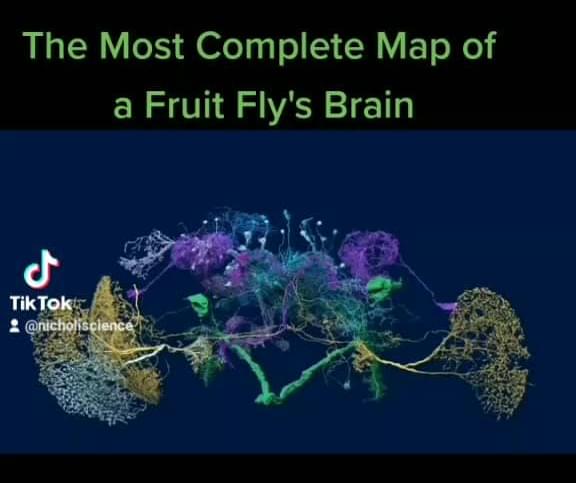The ongoing monkeypox outbreak is unprecedented. This research could help to explain why.
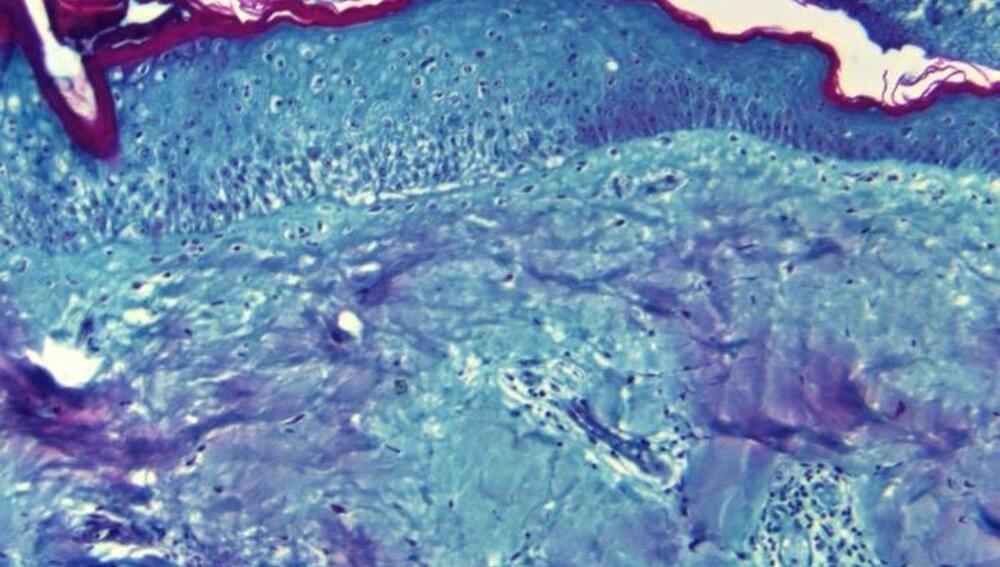

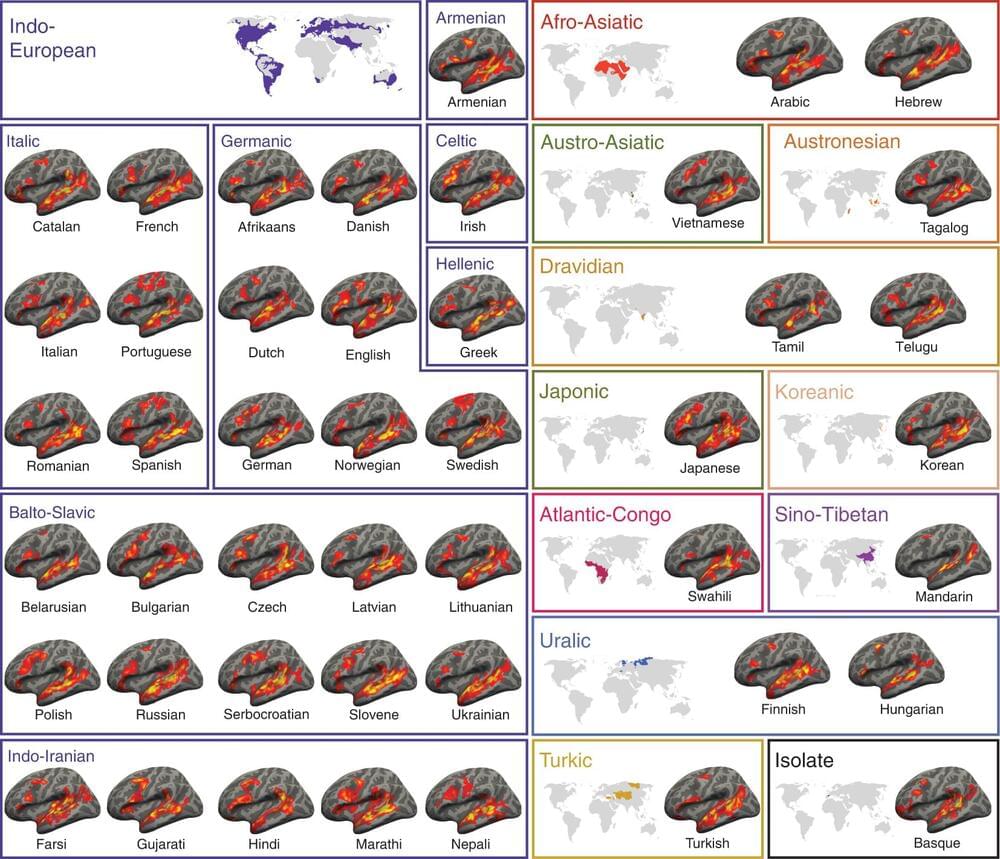
To understand the architecture of human language, it is critical to examine diverse languages; however, most cognitive neuroscience research has focused on only a handful of primarily Indo-European languages. Here we report an investigation of the fronto-temporo-parietal language network across 45 languages and establish the robustness to cross-linguistic variation of its topography and key functional properties, including left-lateralization, strong functional integration among its brain regions and functional selectivity for language processing. fMRI reveals similar topography, selectivity and inter-connectedness of language brain areas across 45 languages. These properties may allow the language system to handle the shared features of languages, shaped by biological and cultural evolution.


“Since her death in 1979, the woman who discovered what the universe is made of has not so much as received a memorial plaque. Her newspaper obituaries do not mention her greatest discovery. […] Every high school student knows that Isaac Newton discovered gravity, that Charles Darwin discovered evolution, and that Albert Einstein discovered the relativity of time. But when it comes to the composition of our universe, the textbooks simply say that the most abundant atom in the universe is hydrogen. And no one ever wonders how we know.“
–
Jeremy Knowles, discussing the complete lack of recognition Cecilia Payne gets, even today, for her revolutionary discovery. (via alliterate)
OH WAIT LET ME TELL YOU ABOUT CECILIA PAYNE.
Cecilia Payne’s mother refused to spend money on her college education, so she won a scholarship to Cambridge.
Cecilia Payne completed her studies, but Cambridge wouldn’t give her a degree because at that time there’s not much exposure for woman, so she said to heck with that and moved to the United States to work at Harvard.
Cecilia Payne was the first person ever to earn a Ph.D. in astronomy from Radcliffe College, with what Otto Strauve called “the most brilliant Ph.D. thesis ever written in astronomy.”
Not only did Cecilia Payne discover what the universe is made of, she also discovered what the sun is made of (Henry Norris Russell, a fellow astronomer, is usually given credit for discovering that the sun’s composition is different from the Earth’s, but he came to his conclusions four years later than Payne–after telling her not to publish).
Cecilia Payne is the reason we know basically anything about variable stars (stars whose brightness as seen from earth fluctuates). Literally every other study on variable stars is based on her work.
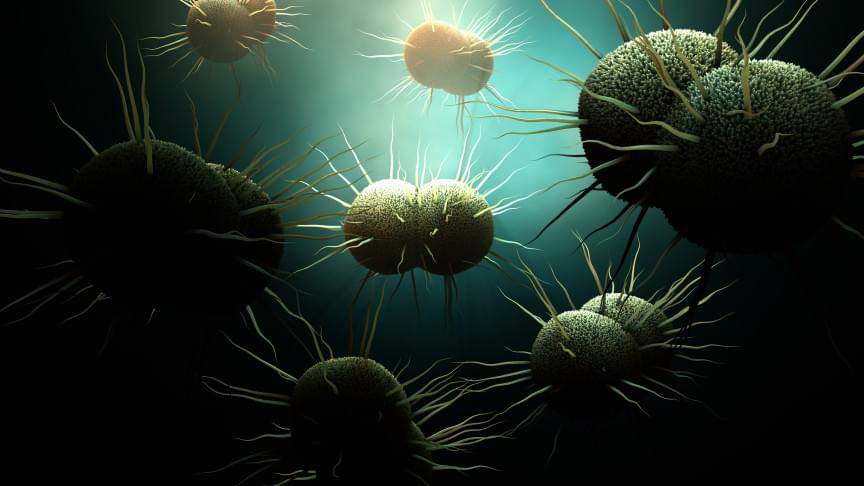
It’s all about a mutation of genome. Researchers from the University of California San Diego School of Medicine have discovered a set of human gene mutations that prevent cognitive decline and dementia in older adults, according to a new study published on July 9, 2022, in the journal Molecular Biology and Evolution. The scientists focused on one of the mutated genes and traced its evolution through its appearance in the human genome.
Interesting Engineering is a cutting edge, leading community designed for all lovers of engineering, technology and science.
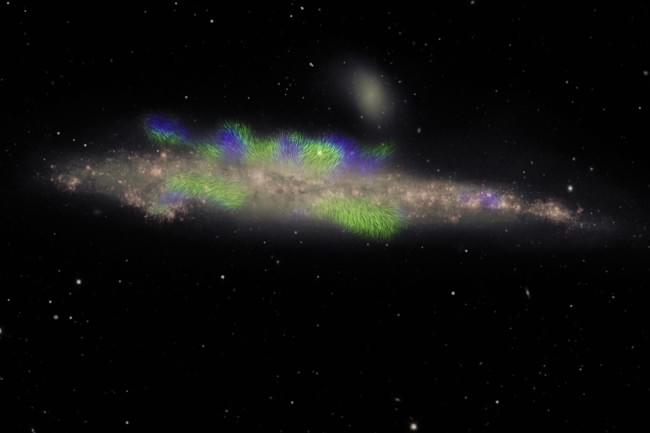
Astronomers hope to explain how galaxies like this one can grow magnetic fields that stretch for thousands of light-years — and what affect they have on galactic evolution.
The finding came out of a project to study radio signals from spiral galaxies that are tilted so we see them edge-on from Earth’s point of view. For these galaxies, astronomers can more easily separate what’s happening outside of the galaxies’ disks, in the gas-filled “haloes” that surround them.
Using observations from a radio telescope in New Mexico called the Very Large Array, the astronomers measured properties of the radio emission coming from the halo of the galaxy NGC 4631. They’d known from past observations that there were large-scale magnetic fields that extended out of the disk into the halo of this galaxy.
But with the new data, they could see the directions these fields pointed across multiple dimensions. Their measurements revealed that the fields pointed alternately in and out of the galaxy’s disk along the flat view of the sky from Earth’s point of view. Another measurement showed that the fields also alternated in pointing toward and away from Earth along our line of sight to the galaxy.
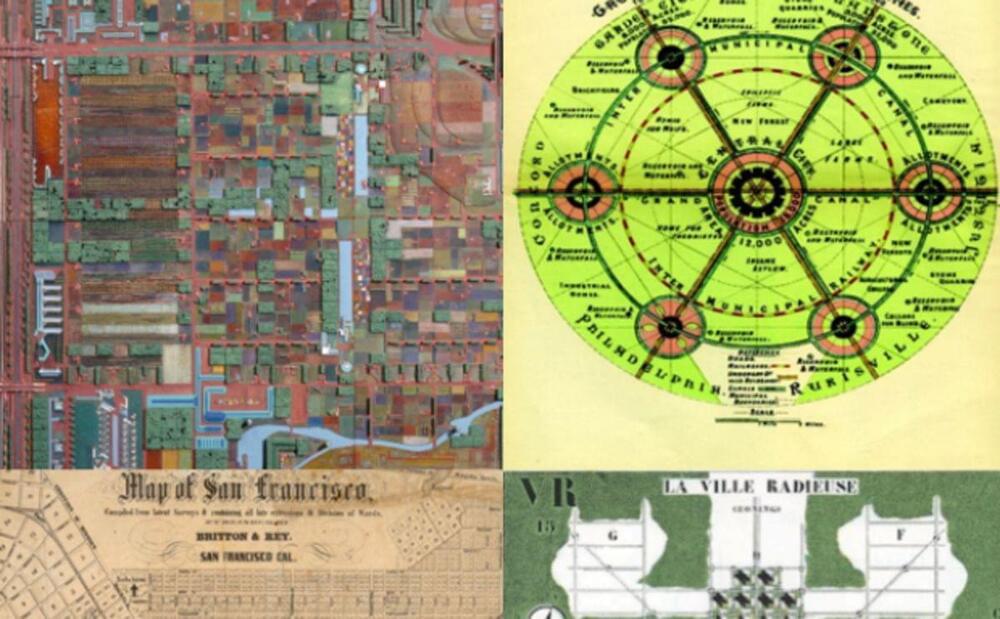
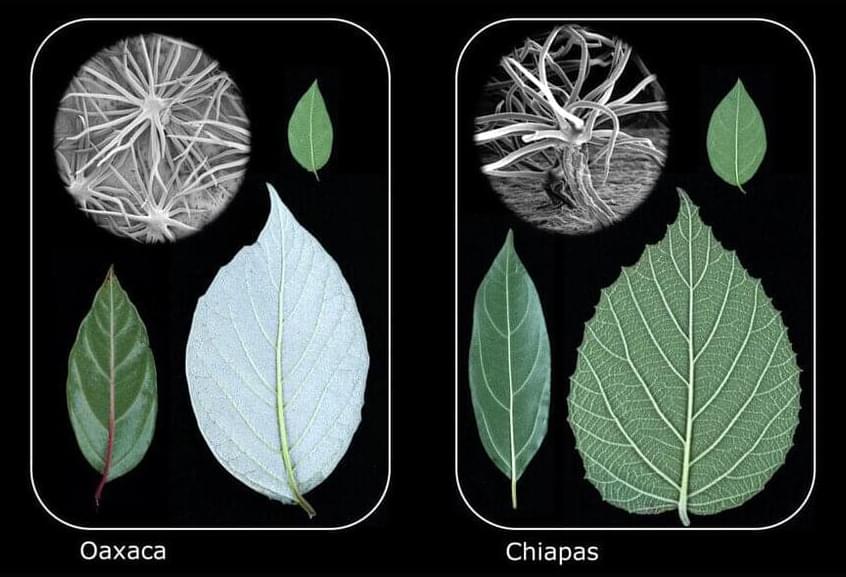
Evolution has long been viewed as a rather random process, with the traits of species shaped by chance mutations and environmental events—and therefore largely unpredictable.
But an international team of scientists led by researchers from Yale University and Columbia University has found that a particular plant lineage independently evolved three similar leaf types over and over again in mountainous regions scattered throughout the neotropics.
The findings provided the first examples in plants of a phenomenon known as “replicated radiation,” in which similar forms evolve repeatedly within different regions, suggesting that evolution is not always such a random process but can be predicted.
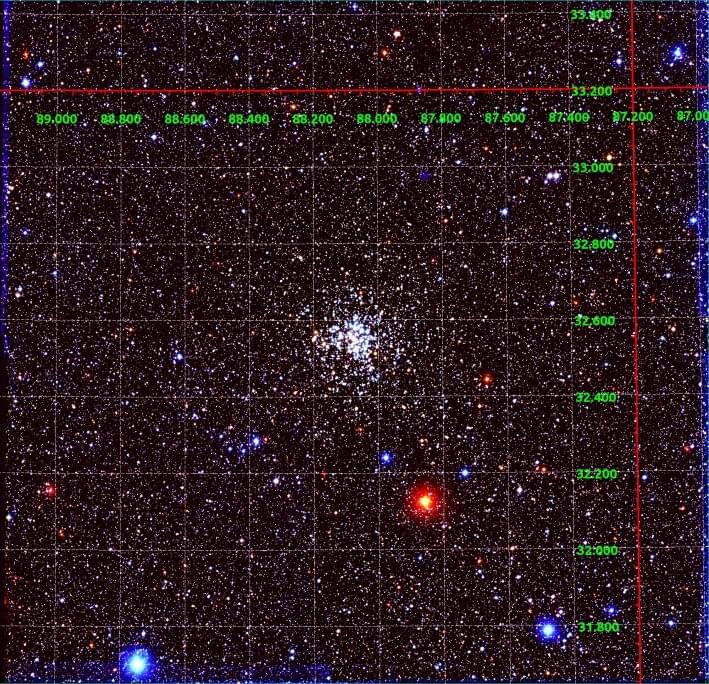
An international team of astronomers has conducted an astrometric and photometric wide-field study of the open cluster Messier 37. As a result, the researchers completed a comprehensive catalog of more than 200,000 sources in the field of Messier 37 and identified the hottest white dwarf candidate members of this cluster. The study was detailed in a paper published July 7 on arXiv.org.
Open clusters (OCs), formed from the same giant molecular cloud, are groups of stars loosely gravitationally bound to each other. So far, more than 1,000 of them have been discovered in the Milky Way, and scientists are still looking for more, hoping to find a variety of these stellar groupings. Studying OCs in detail could be crucial for improving our understanding of the formation and evolution of our galaxy.
Messier 37 (or M37, also known as NGC 2099) is the brightest and richest Galactic OC in the constellation Auriga, located at a distance of about 4,500 light years. The cluster has a radius of at least 10 light years and a total mass of some 1,500 solar masses. The age of Messier 37 is estimated to be between 400 and 550 million years, while its metallicity is at a level of 0.02–0.08.
